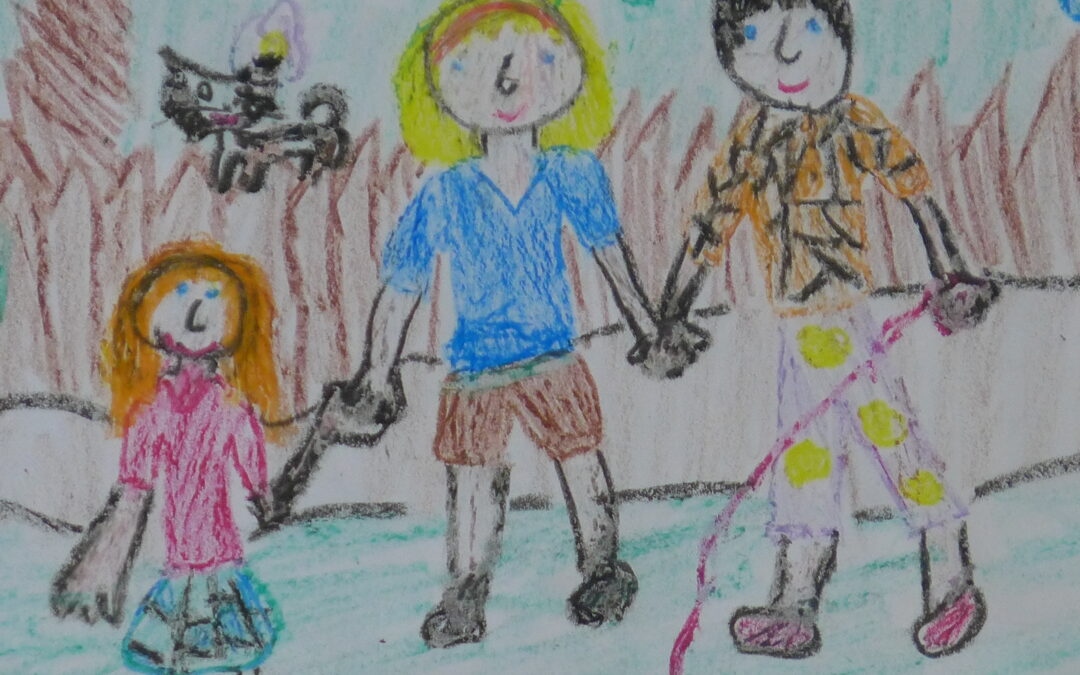Numerous children are growing up without parents in eastern (and to some extent also southern) Europe. The international media have dubbed these children “Euro-orphans”. Studies have revealed that more than half of the children in the Republic of Moldova, for example, spend periods of their childhood in the absence of their mother or father. NGOs estimate that somewhere between 500,000 and one million children are affected by this plight in member states of the EU such as Romania, Bulgaria and Poland. Caritas talks of up to nine million “Euro-orphans” in Ukraine.
“Euro-orphans” come to experience parental love as regular transfers into a bank account or packages of brand-name clothes and toys received in the post. But they lack the close company of their parents. Skype images are a poor substitute for kisses and cuddles. It’s no exaggeration to describe this experience as traumatising for these children, as it deprives them of the affection that sets them up for later in life. The risk also exists that being “abandoned” this way makes children susceptible to exploitation (sexual abuse, etc.), insufficient medical care and depression. Their education is also often neglected.
However, the complex issue of “Euro-orphans” warrants differentiated examination. There are indeed cases where these children and young people grow up well cared-for by relatives, and they certainly benefit economically compared to their surroundings thanks to the earnings their parents generate in other countries. The statistical data also has to be treated with caution, as the home countries of migrant workers aren’t known for producing reliable evidence.
Resolution by the CPCE
To address this subject and raise awareness of it in the CPCE’s member churches, the Council of the CPCE has resolved to support a number of projects in various countries that care for the children and young people affected by this “predicament”.
Criteria
- Member churches of the CPCE can apply for funding of EUR 10,000 per annum for three years to run “Euro-orphans” projects. Sponsoring is limited to one project per church. The duration of three years cannot be extended. If two or more churches collaborate on a project, then multiple sponsorship is possible.
- Clear relevance to the issue of “Euro-orphans” must be presented convincingly in the application.
- Applications should be submitted to the Gustav Adolf Agency (Gustav-Adolf-Werk e.V. – Diaspora Agency of the Evangelical Church in Germany, Pistorisstrasse 6, 04229 Leipzig, Germany).
- The official application form – as provided by the CPCE and agreed with the OPM office in Rome, Italy – must be used in all cases. It can be downloaded at: geke-cpce(at)gustav-adolf-werk.de.
- The church applying for funding must ensure professional support for the project and describe how this provision is met in its application. The project must be run by the church itself or its welfare organisation (diaconia).
- During the third year of funding, a meeting is to be held with everyone responsible for running the project with the aim of sharing experiences, reporting results back to the Council of the CPCE, and enabling recommendations to be issued for forthcoming work processes.
Picture: GAW Leipzig
